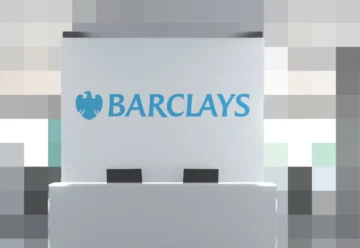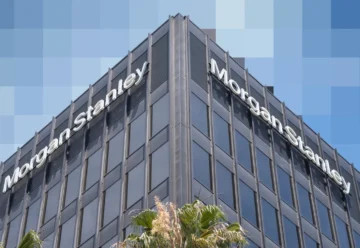DeFi Market Too Small to Threaten EU Financial Stability

According to analysts at the European Securities and Markets Authority (ESMA), the decentralized finance (DeFi) sector doesn’t pose a significant threat to overall financial stability in the region but needs to be monitored.
The ESMA published a report assessing the potential risks the DeFi ecosystem poses to EU financial stability. The regulator’s main conclusion is that decentralized finance doesn’t currently represent a major threat to the European TradFi sphere.
The ESMA analysts believe that the key factors mitigating the risks of the DeFi sector’s impact on financial stability are the relatively small size of the ecosystem compared to traditional financial markets and a limited number of channels for transferring crypto-assets.
Thus, CoinGecko reports that the crypto market cap is just over $1.09 trillion, while DefiLlama estimates the total value locked (TVL) of the DeFi sector at $36.6 billion as of 11:00 a.m., October 12. According to the ESMA, these figures can’t compete with the volume of assets of financial institutions in the EU. In 2021, the European Commission reported that total assets held by local banks amounted to about $90 trillion. The entire crypto market represents only about 3.2% of TradFi’s total assets in the region.
However, the regulator noted several risks associated with the DeFi ecosystem that could still pose a threat to economic stability in the future. In particular, the ESMA analysts highlighted the vulnerability of decentralized apps and the lack of user protection. The regulator also noted that these factors are what prevent the DeFi market from achieving the desired symbiosis with traditional financial markets. If such risks are eliminated, the DeFi ecosystem has every chance to grow significantly.
The regulator named another disadvantage of decentralized finance, namely the lack of a clearly defined responsible party and the dependence of the DeFi ecosystem on a small number of protocols. In fact, 30% of the sector’s TVL is concentrated in the three largest DeFi protocols: Lido Finance, MakerDAO, and AAVE. Analysts say a crash or hack of any of these protocols or the blockchain systems underlying them could have a knock-on effect on the entire system. In the future, the regulator plans to more closely monitor the DeFi market development.
The European Markets in Crypto-Assets Regulation (MiCA) bill partially came into force this summer, after the European Parliament officially adopted it in April. All participants of the European crypto market will be obliged to comply with MiCA requirements from January 2025.











